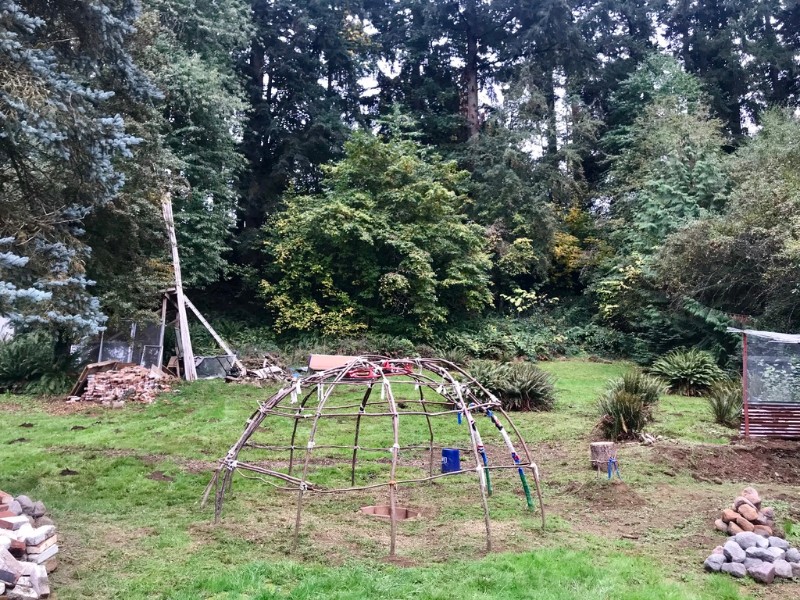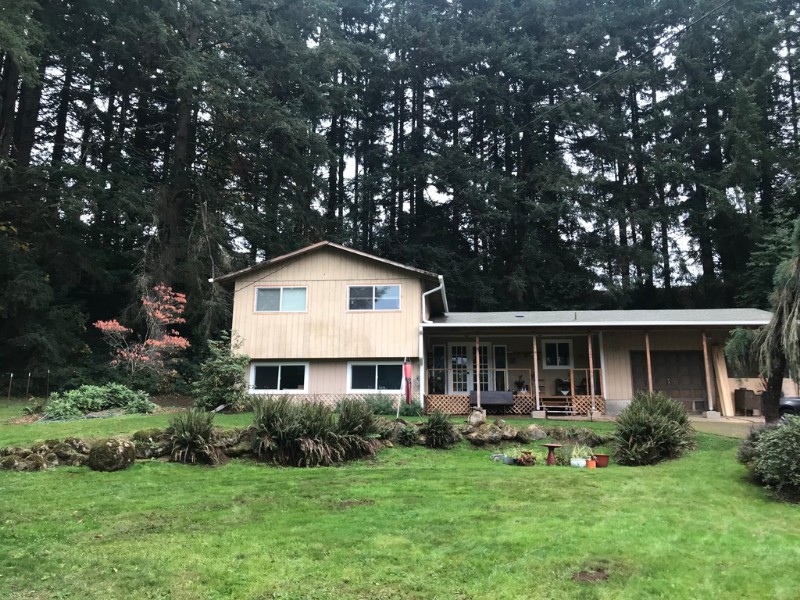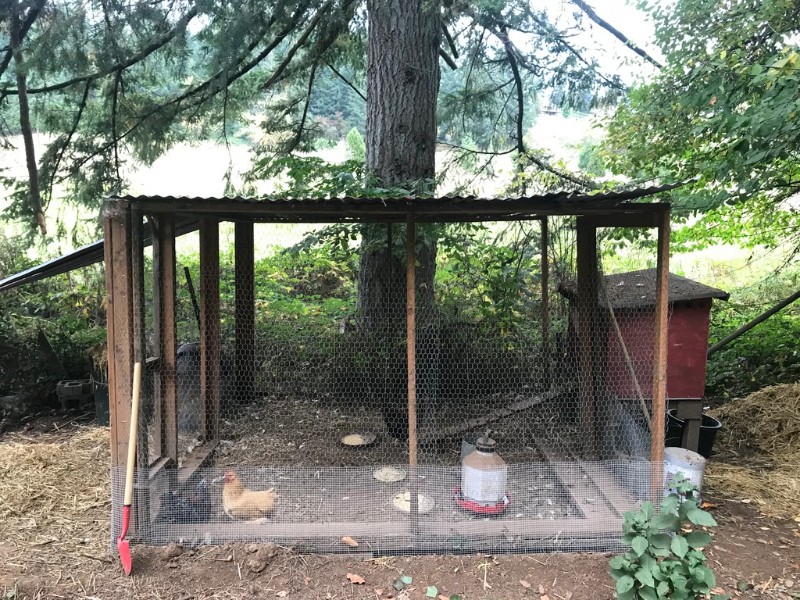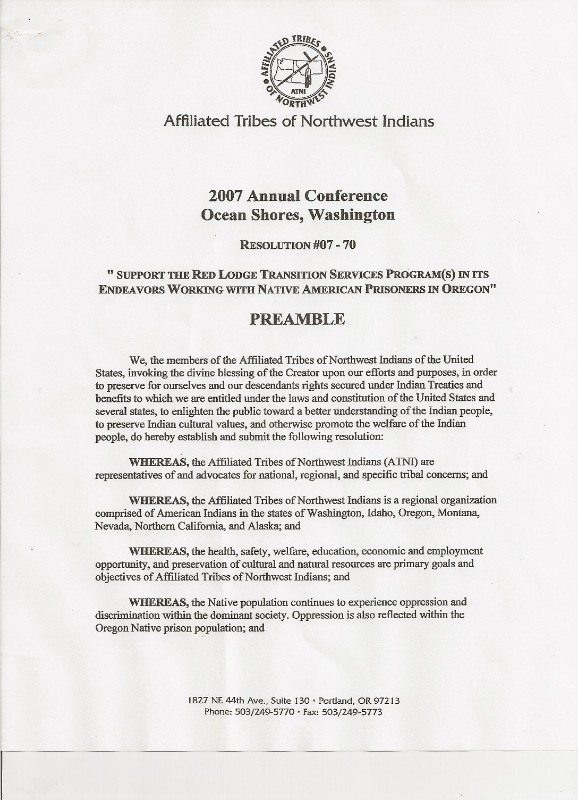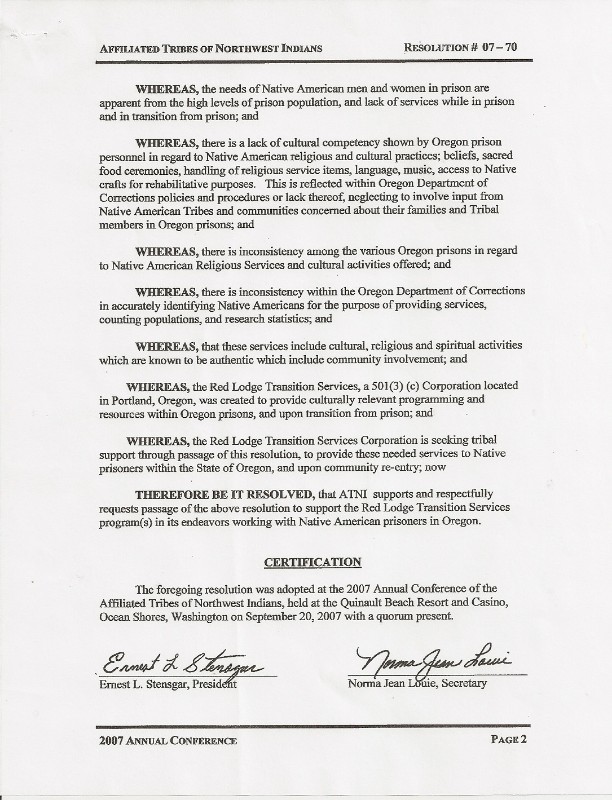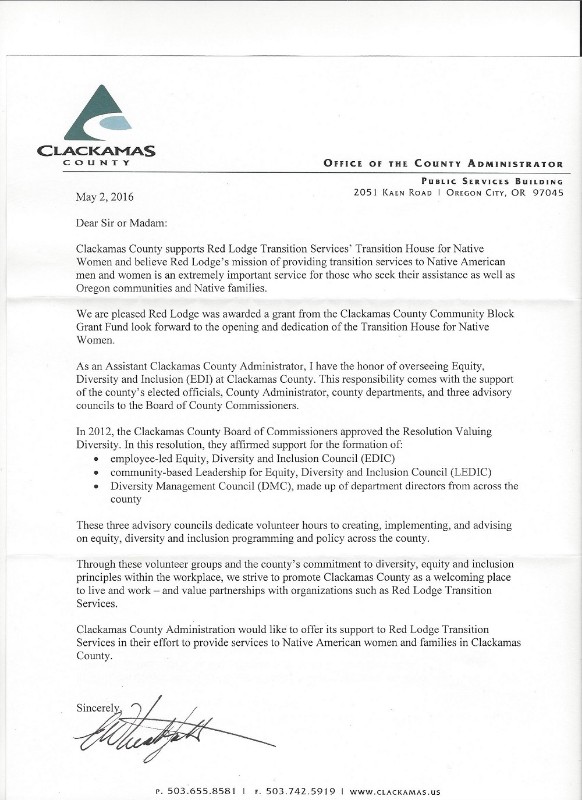
UNADJUSTEDNONRAW_thumb_37a

UNADJUSTEDNONRAW_thumb_37b

UNADJUSTEDNONRAW_thumb_37e

UNADJUSTEDNONRAW_thumb_380

ATNI-resolution-page-1-of-2

ATNI-resolution-page-2-of-2

Clackamas-County-Letter-of-Support
Place Category: Specialized Court Projects
- URBAN INDIANS RED LODGE TRANSITION SERVICES
- PROGRAM DESCRIPTION
- PLANNING & IMPLEMENTATION
- PROGRAM OUTCOMES
Summary: Red Lodge Transition Services is a grass-roots nonprofit created to serve the needs of Native Americans reentering into society post-incarceration, with a focus on women. Their organization is unique as they offer some of the only culturally tailored services that Native identified people can access while in prison. The Red Lodge Transition Center for Women located near Oregon City, OR is available to women exiting prison, jail and treatment centers. This residential 3 to 6 month program provides transitional housing, behavioral health, parenting classes, financial counseling, case management which includes creating a plan for accessing permanent housing. Red Lodge offers cultural responsive services such as sweats, beading, medicine plant identification and use, recycling, healing circles, and much more. If a client needs a referral, such as drug rehabilitation or advocacy, they can be referred to other Native-specific services in the area such as the Native American Youth and Family Center (NAYA) or the Native American Rehabilitation Association (NARA).
Tribe:
All Tribes
Program Running Length:
2006 – present
Contact:
Trish Jordan
P: (503) 245-4175
F: (503) 505-9273
[email protected]Red Lodge Transition Services
P.O Box 55157
Portland, OR 97238
www.Redlodgetransition.orgLocation:
Red Lodge is located near Oregon City, a medium sized city that sits 13 miles west of the Portland Metro area.
Land Characteristics:
Oregon City sits off one of the main interstates in Oregon. It experiences a fair amount of precipitation and offers a dense tree cover. The city is a bit smaller than Portland but still has a large sized residential community.
Population:
Portland metro and the surrounding area, including Oregon City, has one of the largest concentrations of urban Indians in the United States. Natives are intertwined into a community that is also heavily Caucasian and Hispanic/Latino.
There is a lack of services focused on helping Native Americans, especially Native women, reenter their communities post-incarce Many people reentering do not have a safe home to return to and on occasion, they may be required to provide evidence of permanent housing and employment in order to prove they are capable of providing for their children. Some women are struggling with mental/medical health issues, and many times they do not know how to access the resources necessary to be successful in their transition.Red Lodge aims to serve self-identified Native American/Alaska Native adults from any tribe who are reentering into the community. They serve both women and men, although many of their services are focused on Native women. Red Lodge does not have housing for men, and only 20% of their case management or referrals are men. A small population of clients are not Native, yet these individuals feel more comfortable accessing a culturally responsive program such as Red Lodge.The idea for Red Lodge began when the current Executive Director, Trish Jordan, was called upon to host Native American religious services in a women’s prison in Eastern Oregon. The original in-prison services included sweatlodge ceremony, and were performed once a month on a volunteer basis. As Trish developed a deeper connection with women in prison, she began to see that many women, upon reentry into their communities, did not have a safe place to release to, and no strategic plan of how to set themselves up for sustainability.In 2006, the network of Native American service providers in Portland formed the Native American Task Force to address mass incarceration of Native people. The task force reached out to formerly incarcerated individuals and families to learn about what barriers to reentry they had experienced. The Task Force members traveled to Native communities throughout Oregon to talk about the barriers to reentry and mass incarceration. The results of these community meetings and events, highlighted the disparate issues/concerns that Native people involved with tribal, state and federal correctional systems are facing. As a response to these community outreach events, a $5,000 donation was made. Red Lodge Transition Services was formed and filed as an official non-profit. Red Lodge was granted non-profit status in May 2007.The primary goal of Red Lodge is to help Native people reenter into society successfully, while also gaining skills to thrive and reconnect with their Native heritage. Though their focus is women, Red Lodge offers services to men as well.Red Lodge believes reentry starts upon the first day of incarceration, not six months from the gate. Red Lodge offers a variety of programs that start reaching clients during incarceration. Their prison programs are primarily offered at the Coffee Creek Correctional Facility, a women-only prison in Oregon. Their programming for the women’s prison includes: Healing the Sacred Hoop, Talking Circle, Reentry and Law education, NICWA approved Positive Indian Parenting Program (when funding is available), Native American Heritage Day, as well as other Native religious services and special events. Red Lodge helps with transition planning, ensuring the person who is exiting incarceration has clothes, transportation, and food.
Red Lodge offers their own short-term housing for women only. Up to six women can live in the house at a given time. Women are expected to stay 3 to 6 months. They must complete outpatient treatment if mandatory, and participate in behavioral health and life skills programming offered at the Red Lodge. For every program they complete, a certificate of achievement is given. Individual classes run 2 to 22 weeks in length. A portfolio is created for each individual to track achievements and allow them the opportunity to show potential employers and landlords their commitment to change. Red Lodge curriculum covers everything from self-esteem and financial management courses to cooking classes and individual counseling. In addition to serving women, men receive referrals to job opportunities, introductions to Union representatives, referrals for clothing, resume’ building, and housing options.
Red Lodge offers a variety of other services to their clients, including but not limited to: securing an Oregon ID (which can prove to be difficult if the individual was incarcerated under an alias), education assistance in regard to filling out forms, tutoring and referrals, case management, access to basic hygiene items and clothes, job search assistance, and referrals to other organizations. They also offer behavioral health support such as medication and a physical assessment for residential clients, behavioral health programming, with a focus on substance abuse, healthy relationships and domestic violence healing.Red lodge has a very small staff guided by a six-person Board of Directors. They have one full-time employee and one part-time employee. Due to their small numbers, they rely heavily on their wide and dedicated base of volunteers, many of whom are former clients. They also rely on in-kind donations from individuals and other organizations.Eligibility Criteria for residential living: Must be female, age 18 or older who is willing to work a trauma informed program that focuses on sustainability. Must be willing to get a job, learn a trade or go to school. Must be clean and sober for at least 30 days and follow a plan for maintaining clean and sober living. Must agree to helping with household chores and Red Lodge events. Respect for others and maintaining a clean living space is required.
Referral Process: People can be referred by almost anyone in the correctional system or by word of mouth. The individual must meet with a Red Lodge representative that will ask them about their goals and determine if the individual is a good fit for the program. Women from the community do not have to live at the Red Lodge in order to participate in behavioral health programming or special events.
Supervision and Compliance: Behavioral Health programs offered on Tuesday and Thursday evenings are taught by certified instructors with years of experience working within the Native community. Instructors are trauma informed and are recognized as behavioral health practitioners through the Oregon Health Authority registry. Red Lodge Programming such as life skills and goal setting, is determined by the individual and monitored through weekly ‘check in’ with a certified Peer Support Specialist team member. An intern working toward her master’s in Social Services, is supervised by a Red Lodge Board member who holds a master’s in Social Services, and 20+ years working within the Native community providing services and referrals to thousands of people. Compliance is reviewed monthly on a ‘check in’ basis as well as annually for all employees, volunteers and interns. Revisions are made as needed.
Termination Criteria: Residents can be terminated for a variety of reasons. Stealing, bringing drugs and/or alcohol onto the property, chronic relapse, abusive behavior toward others (physical or verbal), and refusal to participate in programming or household responsibilities. Involuntary termination is managed on a case by case basis. Residents may also decide they don’t want to live at the Red Lodge and must give written notice. Red Lodge is a grass roots organization and has limited funding. They receive small and medium size grants from a variety of funders as well as some in-kind donations from individuals and local organizations. They receive some funding from tribes for one to two months housing assistance, and about a month after women begin working, they must supplement their rent as well as show they are saving toward moving into permanent housing. A small funding stream has been established through behavioral health billing, and through fundraising.
Red Lodge also receives donations and funds by offering reproduction art work taken from the Native American Prison Art Project collection. Red Lodge currently has cataloged over 370 pieces of donated art work. (https://www.friendsofredlodge.org/). The Native American Prison Art Project, founded in 2007, it features art work from incarcerated native men and women. Artists must sign the copyright over to Red Lodge in order for us to use their art. The originals are sold during large art venues, and the reproductions are sold mostly as small venues and on line. Community artists who have a connection to incarceration either personally or within their family, have also donated art. Red Lodge features this unique art collection in the form of reproduction cards, calendars, mouse pads, and prints for purchase.Red Lodge received technical assistance for capacity building and management of fiscal responsibility through a two year grant offered by Meyer Memorial Trust.Red Lodge has built strong partnerships with organizations around the state of Oregon. They work closely with Wolf Pack Consulting and Therapeutic Services, NAYA and NARA, who are located in the Portland area, to provide additional cultural, behavioral health and rehabilitation services. They also work with the Oregon Department of Corrections, Oregon Justice Resource Center, and Clackamas County Community Corrections. Red Lodge continues to reach out the 9 federally recognized Oregon tribes as well as Native American state-wide networks to advocate for Native-focused services within our 14 state prisons, and promotion of their organization.
Identifying community partnerships, such as the International Brotherhood of Electrical Workers (IBEW), Constructing Hope, and the Ironworkers Local Union has allowed Red Lodge to strategically maximize their referral sources as well as increase their volunteer base. A group of women electricians took on the task of rewiring the Red Lodge Transition Center for Women prior to opening the doors. Red Lodge has over 100 volunteers throughout the state of Oregon, working in various capacities to help support reentry efforts.The clear lack of services offered to Natives, especially Native women, has made Red Lodge stand out. Their strong and dedicated base of volunteers allows the organization to keep offering unique and quality services. Community partnerships and support from local residents have also been a large factor in the success of the organization.
Despite the small size of the staff, the experience and innovative program model approach they bring to Red Lodge has pushed the organization to become one of a kind. Their dedication and ability to foster strong relationships with their clients makes Red Lodge a true home for many clients, and an opportunity for clients to become mentors.One of the main challenges for Red Lodge has been diversifying and maintaining sustainable funding. Since they are a non-profit, they rely heavily on grants, donations, and fundraising. This has proven to be difficult as many funders do not fund the capital or administrative costs needed to run the organization. Additionally, a small overworked staff and core group of passionate volunteers (who work other jobs) makes it more difficult to find the time needed to dedicate towards a large-scale fundraising plan.Red Lodge has come to see their community partners and volunteers as an integral part of their organization. In addition, they have seen that some their best volunteers are past clients who have gone through the programs and want to help.
More recently, Red Lodge has become much more involved in advocacy and promotion of their cause. They have learned the importance of and the positive impact of sharing their clients’ successes.Red lodge serves approximately 1,200 to 1,400 Adults in Custody, family members and special guests, annually behind the Iron Doors of 11 state prisons in Oregon and two jails. Red Lodge clients come from a number of tribes across the Northwest (state and federal prisons, jails and treatment centers) and include approximately 80% women and 20% men. About 15% of individuals served identify as Asian/Pacific Islander, African American, Jewish, Hispanic, Bi-racial and Caucasian. Approximately 35 people per year are provided case management services and approximately 60 individuals benefit from behavioral health services.For every individual returned to prison within three years for a new crime, the state of Oregon estimates direct costs (jail, court, legal counsel, intake) to be $130,000. Indirect costs are unknown (foster care, loss of family wages, A&D treatment, fines). One year of prison incarceration costs Oregon tax payers $32,000 per individual, jail is even more costly. The recidivism rate for returning to prison in Oregon is around 23%. Red Lodge clients are beating the odds and come in at 12% recidivism rate. Recidivism is figured on a three year cycle.The community’s support of Red Lodge has been key to its success. There has been an extremely positive reaction to the work of Red Lodge. This is evident by both their large volunteer base and their range of community partnerships. When Red Lodge was finally able to purchase property for their women’s transition center, the community stepped up and donated over 3,000 hours in labor and in-kind materials to repair and remodel the house and property.Red Lodge has many success stories which are used in writing grants and can be found on the website. Red Lodge has clients who now have masters’ degrees in Social Services, they are plumbers, electricians, carpenters, mechanics, laborers, and more. Red Lodge clients are proud community members paying taxes, raising children and volunteering in a variety of ways. Most have been able to maintain their sobriety, which is almost always necessary for successful reentry.
No Records Found
Sorry, no records were found. Please adjust your search criteria and try again.
Google Map Not Loaded
Sorry, unable to load Google Maps API.


